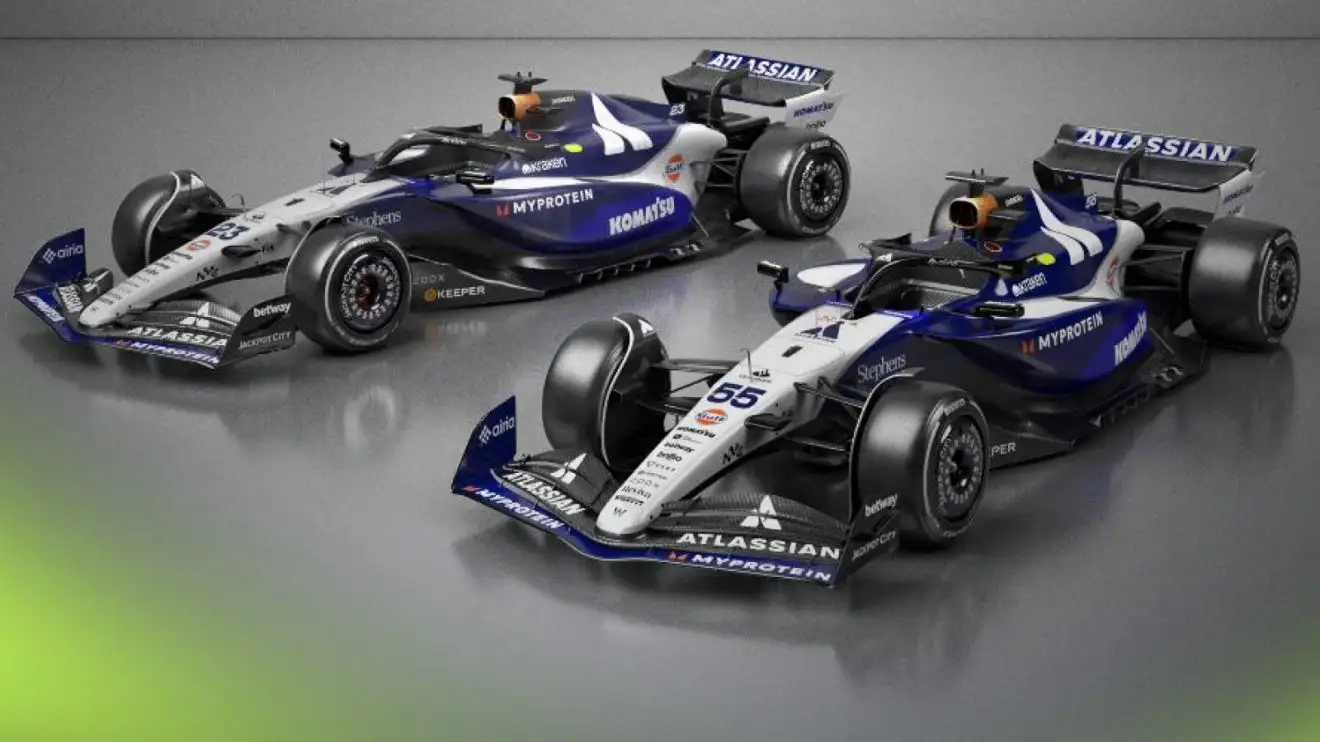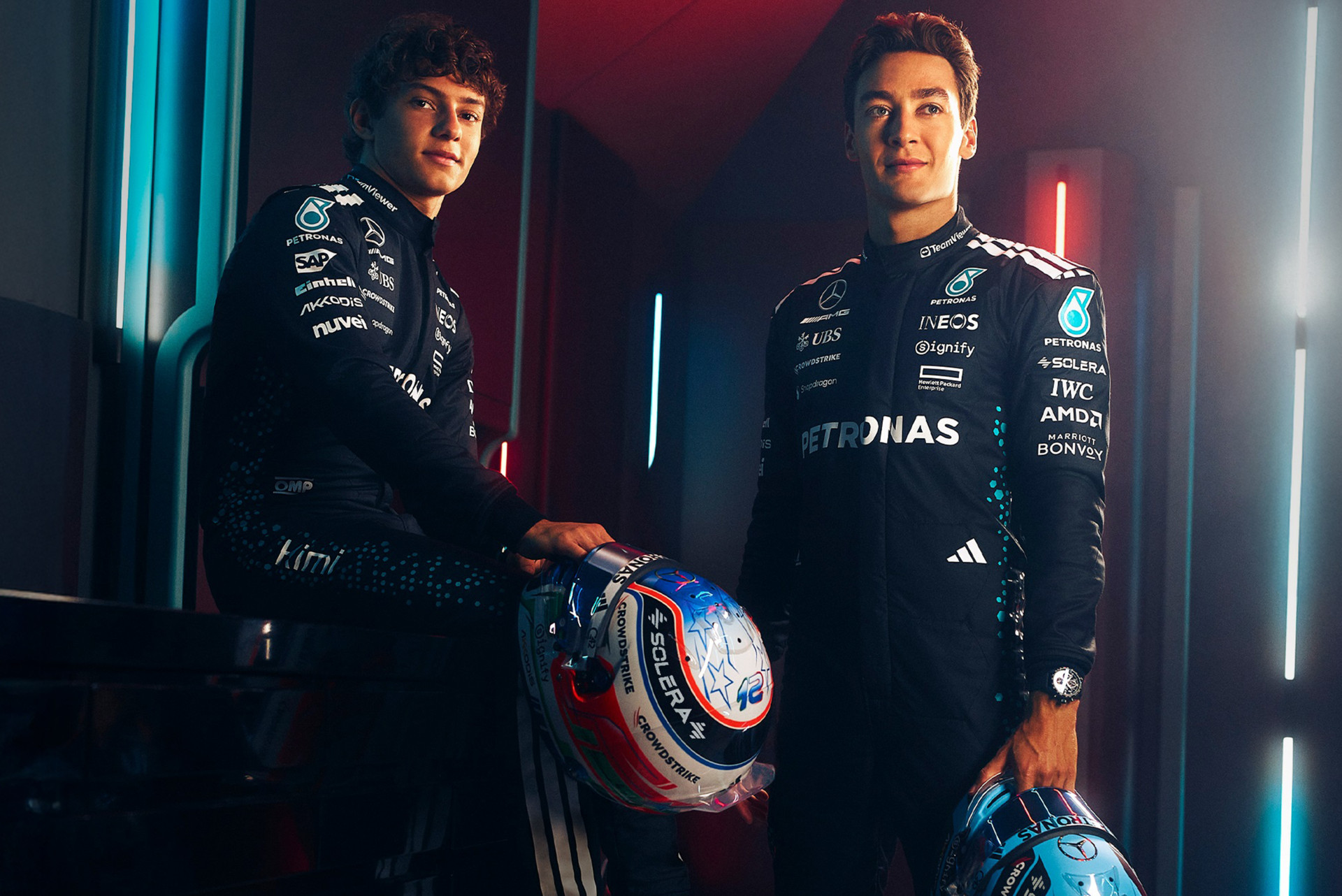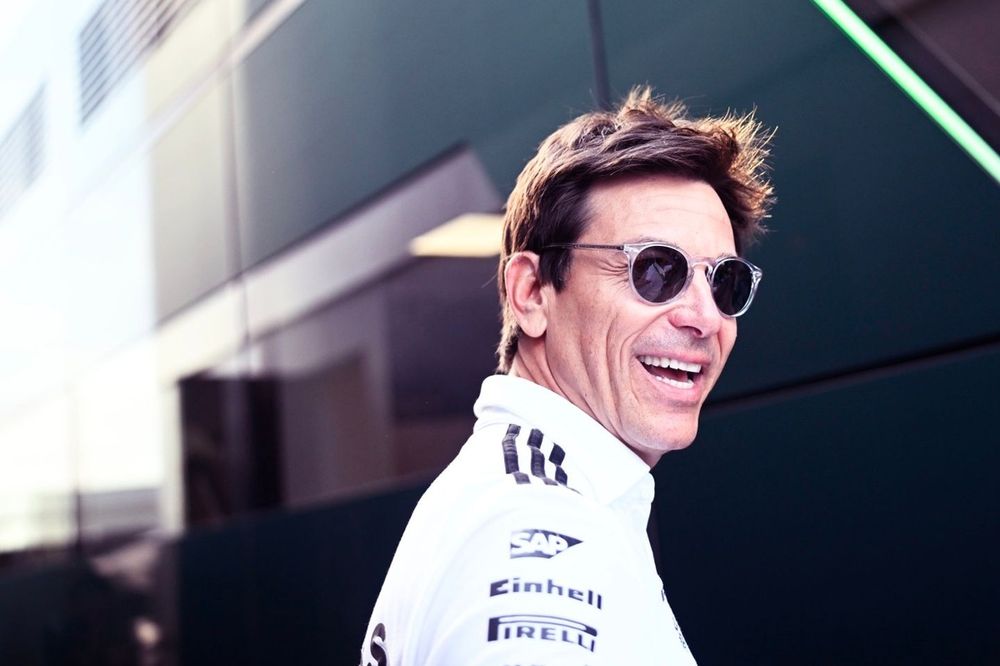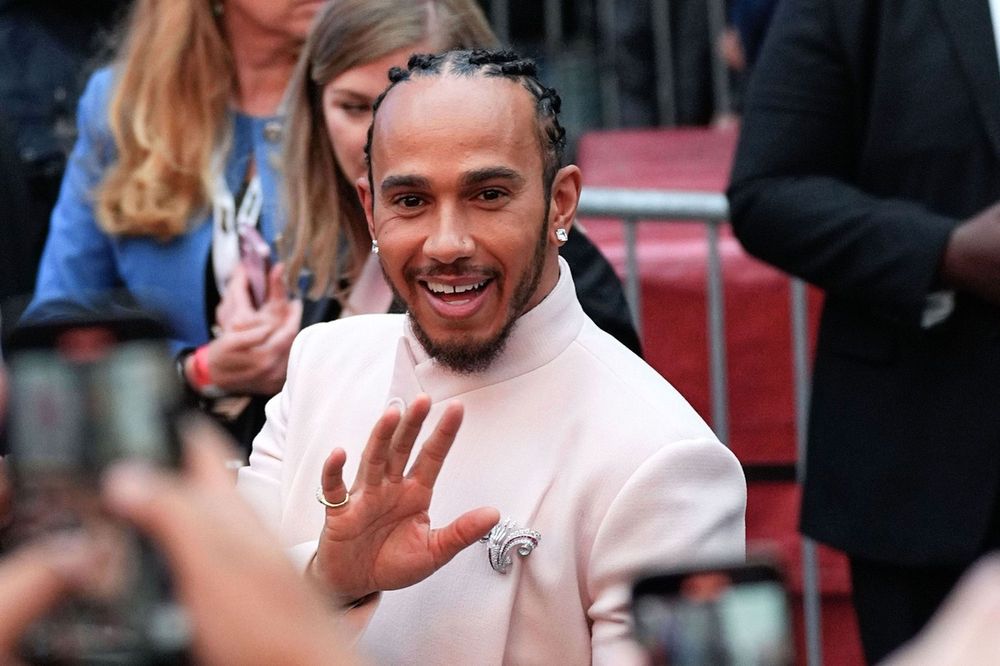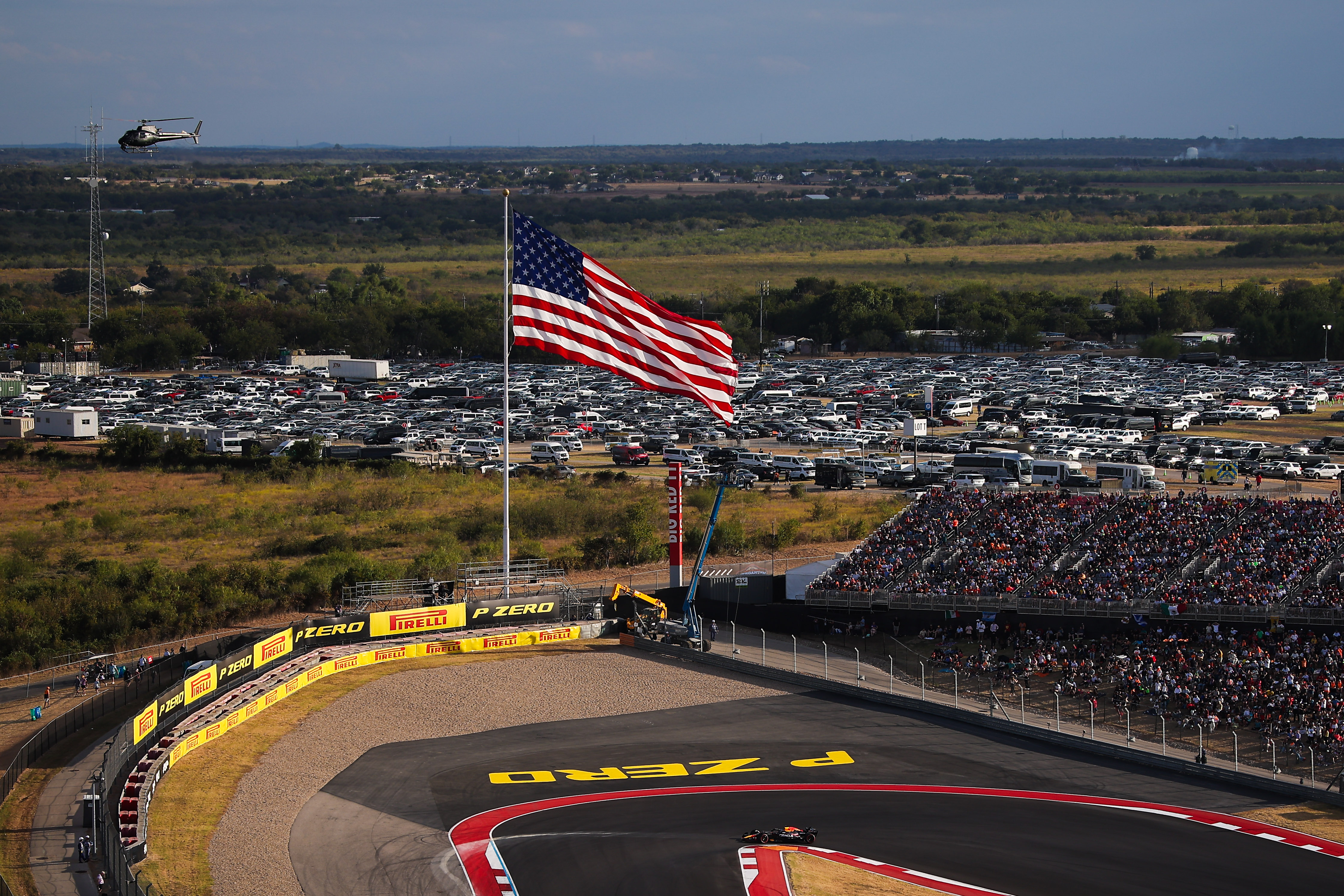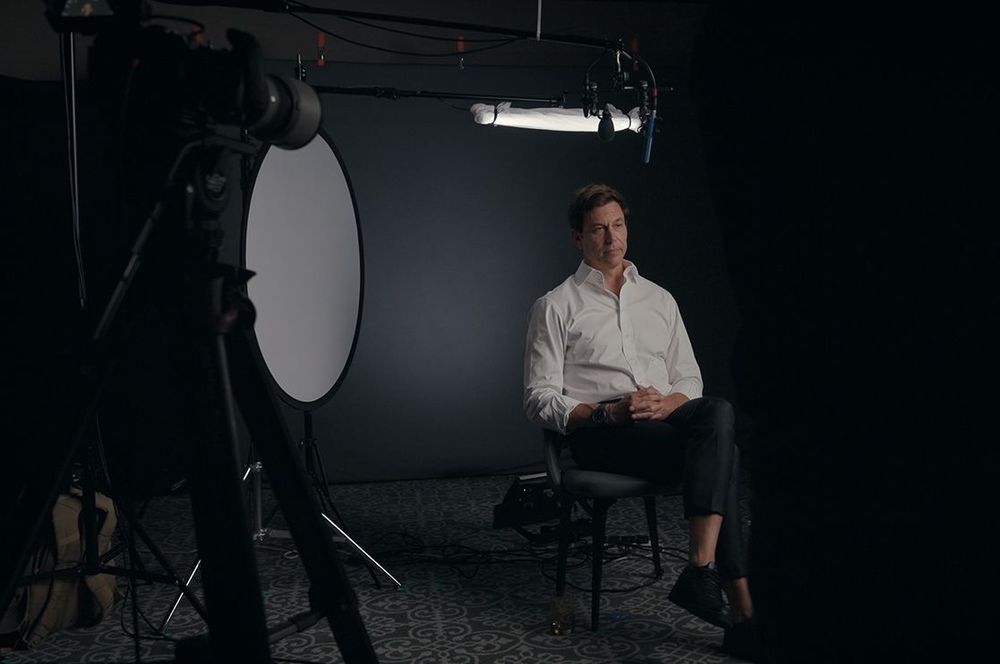
Toto Wolff Initially 'Hated' Drive to Survive, Here's Why He Changed His Mind
Mercedes F1 team principal Toto Wolff initially harbored strong disdain for Netflix's 'Drive to Survive' due to its perceived dramatization, but a surprising encounter with a friend's family revealed the show's unexpected power in drawing new fans to Formula 1, ultimately changing his perspective and leading Mercedes to embrace the docuseries.
Why it matters:
'Drive to Survive' has been instrumental in F1's surging popularity in the United States, transforming team principals like Wolff into public figures. Wolff's initial reluctance and subsequent embrace highlight the delicate balance between authentic sporting narrative and entertainment, and the show's undeniable impact on F1's global reach and perception.
The Details:
- Initial Skepticism: Toto Wolff and Mercedes, along with other top F1 teams, declined to participate in the first season of 'Drive to Survive', citing concerns about the show's potential for sensationalism over sporting accuracy.
- Early Dislike: Wolff recounted watching an early Season 1 episode, 'The King of Spain', which focused on a manufactured rivalry between Fernando Alonso and Carlos Sainz. He found the dramatization of a mid-pack battle for tenth place as if it were a championship fight to be disingenuous.
- Wolff stated, "It was Fernando Alonso against Carlos Sainz, and it was made up... I thought, that's not for me. Switched it off. Didn't even watch the second one."
- Turning Point: His opinion shifted after a friend, previously uninterested in F1, expressed a desire to attend the Austrian Grand Prix with her sons because they 'loved Drive to Survive'. This realization underscored the show's unique ability to engage new audiences.
- Unintended Benefit: Mercedes' initial non-participation inadvertently allowed 'Drive to Survive' to feature smaller teams and less-spotlighted drivers, which Wolff believes was key to captivating new viewers.
- Wolff noted, "What happened was, because we didn't feature, it gave Netflix the opportunity to show smaller teams and drivers that were not so much in the spotlight. I think that captured the audiences."
The Big Picture:
Seven seasons on, 'Drive to Survive' remains a central pillar in F1's strategy to expand its fanbase, particularly in the U.S. Both Mercedes and Wolff have become prominent figures in the docuseries, contributing to the 'movie star' status now enjoyed by team principals, as noted by Apple executive Eddy Cue. The show's success demonstrates the power of well-produced sports entertainment in transforming niche sports into global phenomena, even if it requires a degree of narrative embellishment.
What's next:
'Drive to Survive' is expected to continue playing a vital role in F1's global outreach, shaping perceptions and drawing new generations of fans. As the sport continues to grow, the ongoing challenge for F1 and Netflix will be to balance compelling storytelling with the authenticity that hardcore fans demand, ensuring the series evolves to maintain its appeal without alienating its original audience.
Original Article :https://www.motorsport.com/culture/news/toto-wolff-explains-why-he-hated-drive-t...



